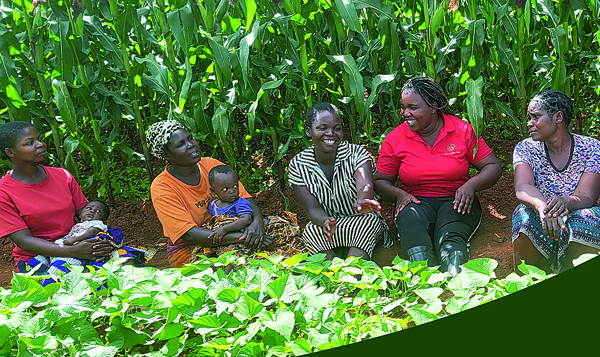Harvesting knowledge


"The advantage of the STB model lies in its combination of theory and practice to drive agricultural innovation," Kafunda said, adding that he plans to advocate for the STB model in agricultural practices in Malawi after graduation.
"The knowledge I've gained can help accelerate research and the development of problem-solving technologies for smallholder farmers in my country," he said.
Since 2022, three STB programs have been launched by students from Malawi who studied at CAU and took part in the program in Quzhou.
"Students involved in the programs have enriched local farmers' channels for information acquisition via technical training and activities that promote crop cultivation management techniques," Jiao said.
So far, more than 200 households of local farmers in Malawi have benefited from the programs' training, contributing to the modernization of local agriculture.
At an STB project in Thuchira, a village in southern Malawi, two students, Lester and Brenda, guided 30 farmers in maize cultivation and conducted field demonstrations covering about 0.3 hectares of land.
In June, the average maize yield of 90 cooperative farming households in the northern, central, and southern regions of Malawi reached eight metric tons per hectare — triple the yield compared to previous years, according to a report by Hebei Daily.
According to Jiao, under the Sino-Africa STB project, CAU recruits master's students in agriculture from African countries to study in China.




































